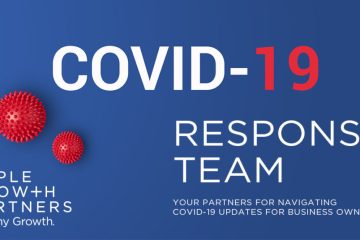As business leaders, we commonly – and often mistakenly, believe that we communicate well.
Communication is important. After all, our words are the ones that steer and drive our organization – and thus its success (or doom).
But our ability to accurately self-assess has been proven to be inherently very poor. It’s called the Dunning–Kruger Effect.
And when we fail to accurately self-assess our ability to communicate, we can neglectfully enable weak, toxic and conflicted workplace cultures that normalize the habits of fumbling forward from failure to failure.
Chronic failure is known to be cancerous to the bottom line.
Want that?
Thought not.
Here’s how it goes wrong – and how to fix it.
Many intelligent, educated, and credentialed people who find themselves in leadership positions but lack or dismiss the value of formal communications training are often oblivious to the toxicity and harm they create. Poorly written communique that divide people or amplify ambiguity – insensitive or uninformed public statements that later need to be ‘walked back’ – and chronic non-verbal body language that directly contradict spoken words are just a few examples.
But why does this matter?
Business leaders need to focus on conducting the orchestra – not playing all the instruments.
They need to build and lead teams that each focus on a distinct domain of the overall business in a coordinated and competent fashion.
One of the most consequential domains of business management is communications. Lately, COVID has driven rates of change within business settings to an accelerated pace that makes clarity of communication ever more critical.
- Can you match the pace and direction of your business`s communications demands?
- Has growing employee leverage forced you to respond to new demands, in a new voice and with newfound tact that couches an unspoken but real shift in power?
- Have you had to inform stakeholders of significant or undesirable changes in policy or procedure?
- Will you lose ground if you don’t now externalize enterprise-level stances on social or human rights issues?
If you lack professional communications training or a robust, capable and confident multi-faceted communications arm within your enterprise, then I suggest that you either cover these gaps as urgently as possible or engage an established and competent resource that can partner with you to advise you and / or communicate on your behalf.
The importance of consistent, engaging, relevant and trusted communication can never be understated. COVID-driven volatility and uncertainty have forced business leaders to urgently cut through previously unseen complexities and distractions to communicate more soundly then ever before.
We are happy to talk, Zoom or email with you to learn what communications challenges or concerns you are experiencing and propose a course of action forward that will directly drive your long-term business strategies and priorities.
You can reach BG Consulting Group at 216-956-0378 or the contact page at BGConsultingGrp.com.
Sometimes, it’s better to trust others to handle the hard conversations.
We can do that for you.
Our leadership communication habits of today will produce significantly impactful outcomes long into our futures. It’s best to identify and address the most important contributors to long term business health today.



